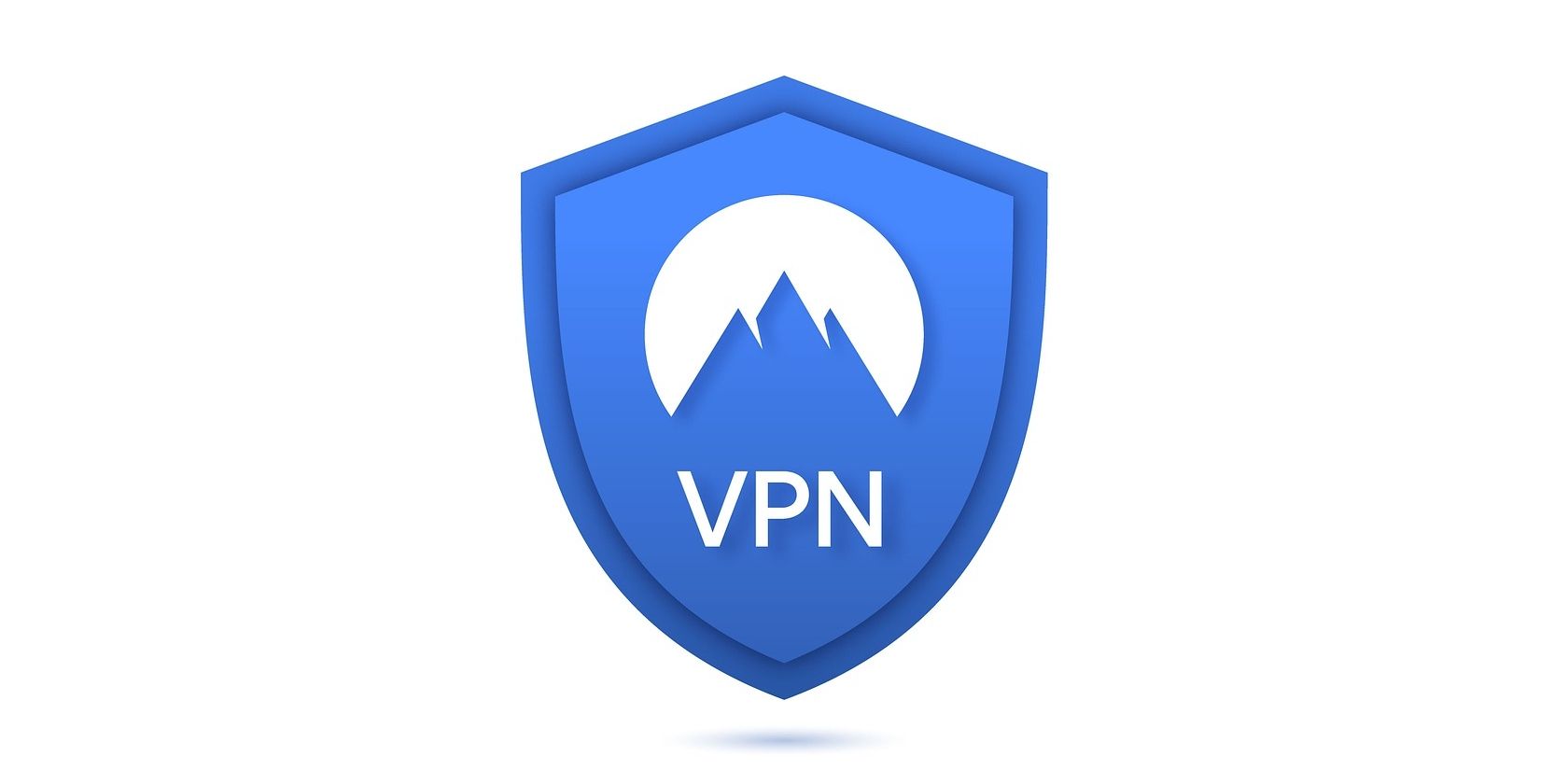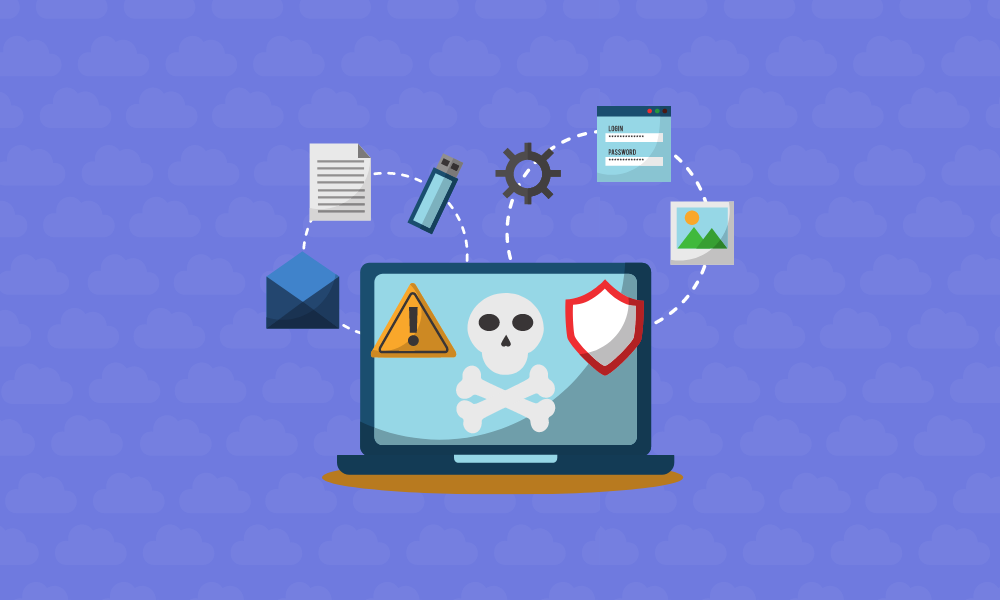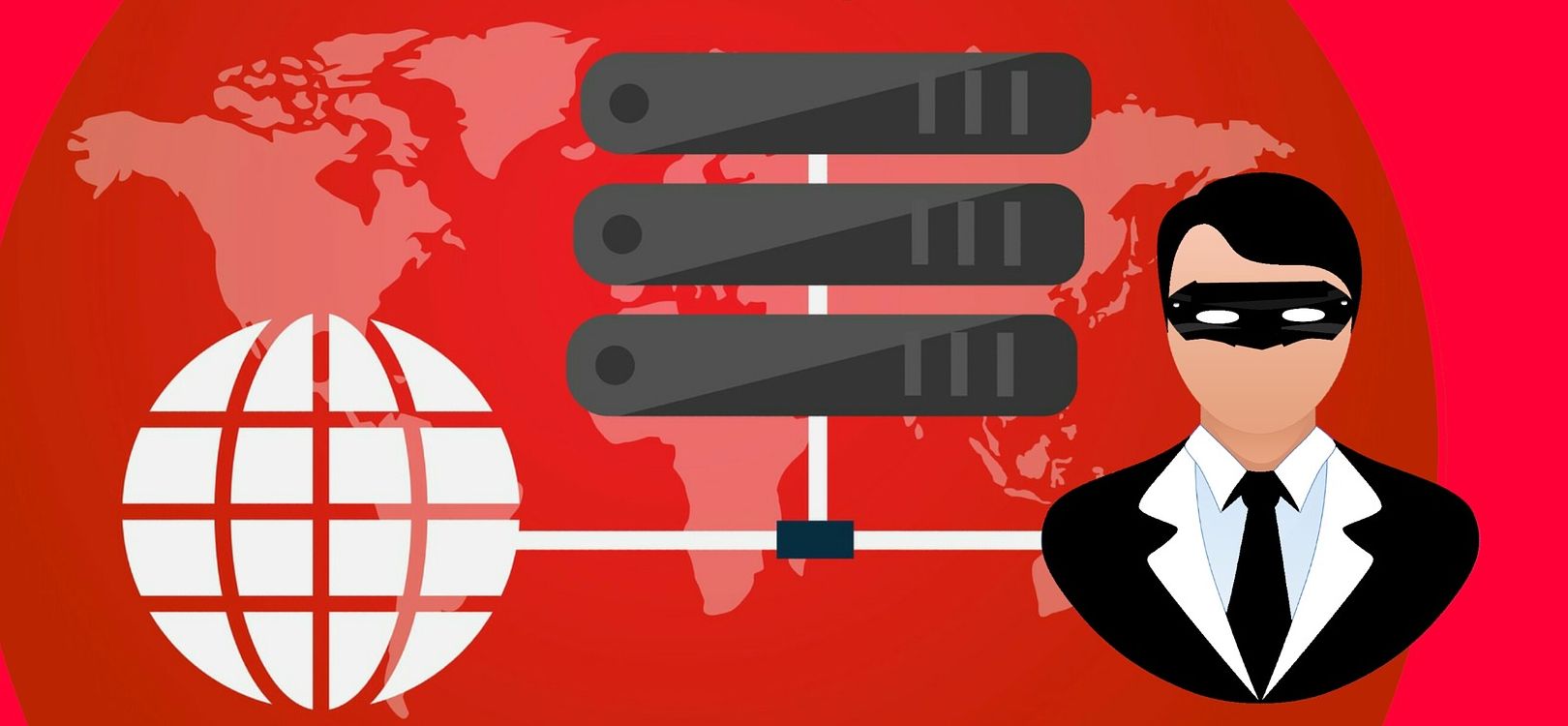Ransomware is a powerful online threat. If it's installed on your computer, you not only run the risk of having to pay a ransom to get your files back, but it's also possible that you won't get them back even after you pay.
VPNs are a popular tool for protecting yourself online. You might, therefore, be wondering if they can protect you from ransomware. Unfortunately, VPNs are not designed for this purpose.
So why don't VPNs protect against ransomware, and what should you do instead?
What Is Ransomware?
Ransomware is a type of malware. Once installed on a computer or server, it encrypts anything that it finds on the hard drive. The only way to decrypt the affected files is to enter the decryption key, and ransomware operators profit by selling this key to victims.
Ransomware attacks are primarily targeted towards large organizations. The profitability of such attacks is dependent on the potential ransom payment. And most private individuals simply wouldn't pay enough for their files.
Ransomware, however, is still a threat to private individuals. They are often easier to attack and this makes the activity worthwhile despite the lower pay off. And so, it's a threat that all computer users should be aware of.
Can VPNs Protect Against Ransomware?
VPNs protect internet users by hiding their IP address and encrypting all of their traffic. While both VPNs and ransomware use encryption, VPNs offer no protection against ransomware.
Ransomware is often spread by tricking people into downloading it. This can be achieved by using spam emails or providing something people want for free. VPNs place no restriction against what you download and therefore don't prevent this from occurring.
How Do VPNs Protect You?
VPNs are worth using but not for the purposes of ransomware prevention. A VPN protects you in the following ways.
A VPN Hides Your IP Address
A VPN hides your IP address. This prevents websites from knowing your location when you visit them. This is useful for avoiding tracking and being anonymous when you post something.
A VPN Hides Your Internet Activity
A VPN encrypts all of your internet traffic. This prevents your internet provider knowing what websites you visit. This is useful for privacy purposes and to prevent your internet provider from throttling your connection when you're doing something that they don't like.
A VPN Prevents Packet Sniffing
If you use an unencrypted Wi-Fi connection, it may be possible for a malicious actor to view your internet activity using packet sniffing. VPNs prevent this occurring and make unencrypted Wi-Fi safe to use.
What VPNs Don't Protect Against
VPNs provide anonymity but do nothing to protect your files.
They Allow You to Download Anything
VPNs allow you to download anything and therefore don't prevent you from downloading ransomware. If you download ransomware, whether or not you are using a VPN is irrelevant.
They Allow You to Install Anything
VPNs don't prevent you from installing ransomware. If you have antivirus installed on your computer, this software will provide an alert and may prevent the program from running. But VPNs are not designed to do this.
They Don't Encrypt Your Files
VPNs encrypt your internet traffic. This means that your data is protected from packet sniffing while it is in transit to and from your computer. A VPN doesn't do anything to the files on your computer. And it's those files that are targeted by ransomware.
How to Protect Against Ransomware
While VPNs offer no protection against ransomware, you can protect yourself in other ways.
Only Download Software From Official Sources
Software should only be downloaded directly from its publisher. If you download software from anywhere else, you run the risk of it being bundled with malicious software such as ransomware.
Don't Download Email Attachments
Spam email is often used to promote ransomware. Spam emails provide various reasons for you to download an attachment, but this should be avoided.
Don't Click on Suspicious Links
Never click on suspicious links. It's possible that clicking on a link will initiate a ransomware download or send you to a malicious website. If you're tempted and want to make sure the URL is genuine, try a website that checks links' authenticity.
Use Antivirus
If you want software that protects you against ransomware, you should purchase antivirus, not just a VPN. Antivirus software is specifically designed for this purpose. It should provide a warning if there's a ransomware program on your computer and prevent you from running it.
Don't Use Rogue USBs
USB drives are often set up to promote ransomware. They may run ransomware automatically when you plug them in. USB drives are often left in public places hoping that somebody will pick them up and use them.
Back Up Your Files
Provided your files are backed up, ransomware is potentially easy to fix by simply reformatting your computer. It's important to note that this doesn't provide complete protection because some ransomware also steals a copy of your files and this can be used for extortion.
How VPNs Can Cause Ransomware Attacks
VPNs are reputable products but can cause ransomware attacks if configured incorrectly. This doesn't apply to a VPN used to browse the internet. But if a VPN is used to provide remote access to a network, any vulnerability in that VPN can be used as a way to attack the network.
VPNs need to be updated regularly to prevent this occurring. But this doesn't always happen and unpatched VPNs are now a common cause of ransomware attacks against large organizations.
If a VPN user has a weak password or reveals their password via phishing, this can also provide an entry point to an otherwise secure network.
VPNs Don't Protect Against Ransomware
VPNs are popular products and with good reason. They keep you anonymous online and offer protection against some cyberattacks. They do not, however, prevent ransomware and shouldn't be considered as a form of protection.
If you want to protect against ransomware, you need to modify your online behavior instead. Don't click on suspicious links and don't download software from unofficial sources. You should also install antivirus software which can sometimes prevent ransomware from running.




